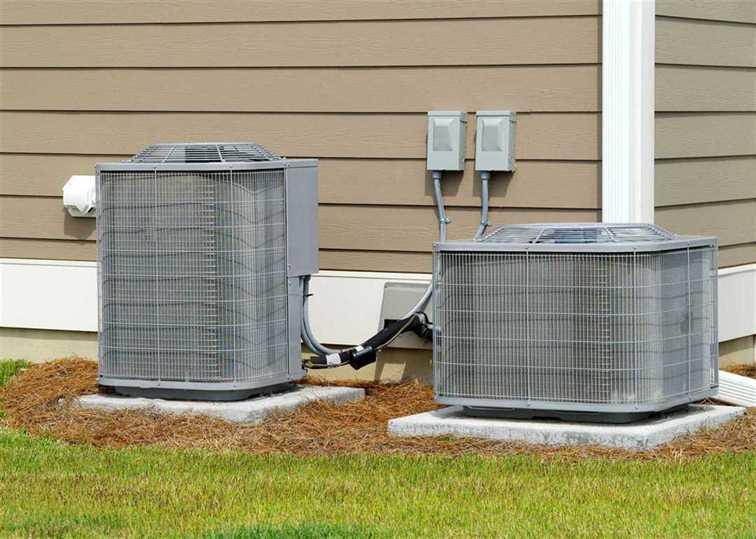 Many homeowners will need to replace their central air conditioning systems during their houses’ lifetimes. The average central AC system life span is 12- to 15- years if it’s properly maintained and installed. Heat pumps have around the same life span — approximately 14 years when suggested maintenance is followed. Newer air conditioning units made in recent years are expected to last much longer.
Many homeowners will need to replace their central air conditioning systems during their houses’ lifetimes. The average central AC system life span is 12- to 15- years if it’s properly maintained and installed. Heat pumps have around the same life span — approximately 14 years when suggested maintenance is followed. Newer air conditioning units made in recent years are expected to last much longer.
If your AC system begins to give you more issues than seem cost-effective to repair, it might be time to think about buying a new system. Faced with major replace or repair decisions, you might want to consult HVAC contractors who specialize in central air conditioner replacement options in Winnipeg. Contact Provincial Heating and Cooling for their suggestions.
Will you have to replace your whole system?
It’s vital that you know that split AC or heat pump systems — the most typical kinds used in Canadian homes — are comprised of two parts: an outdoor (condensing) unit and an indoor (coil) unit. These two components are specifically made to work together as a coordinated “team” that provides maximum comfort and efficiency, as well as top performance. In the past, some homeowners could replace part of the system, like the outside condensing unit, to prolong its useful life. But heat pump and air conditioning systems manufactured these days have to have a SEER (seasonal energy efficiency ratio) of 13 and up.
The federal government has set minimum efficiency standards for heat pumps and central ACs. For these high-efficiency, newer systems to properly work and to prolong their life, the indoor unit and outdoor have to be properly matched. Therefore, if you put in a new, high efficiency outside unit, yet do not put in a new, properly matched and equally efficient interior unit, the results might be inefficient, unreliable, and uncomfortable. Because newer equipment is usually more energy-efficient than a more mature heat pump or central air conditioning systems, you’ll probably see decreased energy bills.
How to be sure your system is the proper size for your house
Homeowners ought to ask their AC technician to choose the ideal size of equipment required in order to meet the specific requirements of their house. If a unit is undersized, it might run almost continuously, yet without ever correctly cooling your residence. If oversized, the unit might cycle off and on too frequently, vastly decreasing its capability of controlling humidity, and is also going to be less efficient than a unit that’s suitably sized.
To correctly size a system for a house, trained technicians are going to use an equation (“load calculation”) which factors in the property’s age, the quality and number of its windows, how well it’s insulated, how many stories it possesses, its overall square footage, and additional relevant factors. Homeowners ought to ask their technicians to conduct a Manual J Load Calculation, the field’s term for the standardized equation utilized to correctly size an AC system. The technician is going to specify the cooling capacity of your unit in either Btu/h or refrigeration tons.

